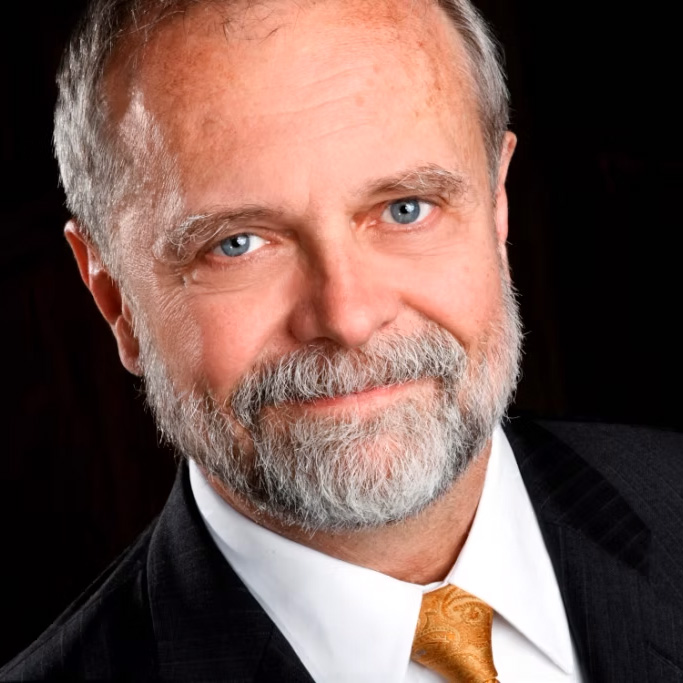Warning! Rossini’s music can cause heart palpitations, fainting, ecstasy, euphoria, and can lead to the “Stendhal Syndrome.”
Stendhal, Rossini’s devoted biographer, first experienced the syndrome that would bear his name while visiting Florence. He became so overwhelmed by beauty that he “encountered celestial sensations” and fainted. He initially felt ambiguity about Rossini’s music and resisted and resented being moved by it. As Rossini was, Stendhal was a fervent admirer of Mozart’s ability to elevate the senses to the “higher emotions of the soul” and was suspicious of Rossini’s pulsating sensuality that hit below the belt.

An anonymous reviewer in 1820 compared the enthusiasm for Rossini to a contagion: “No matter how many times we have been forced to hear these masterpieces, feeling the greatest unwillingness in the world, we were never able to leave the theatre without feeling inflamed with this delicious sentiment that secretly takes possession of the heart.”
Early composers readily connected to the celestial music of the spheres, writing music that would elevate baser human emotions. Rossini arrived at the pivotal juncture from the Age of Enlightenment to Romanticism, after Mozart had opened the door to the new century with a common servant as operatic hero in Le nozze di Figaro. With a barber and a cinder sweeper at his side, Rossini boldly walked through that door into the nineteenth century with martial, excited music written precisely to entertain the masses.
Neanderthals sang before they spoke actual words, using “song shapes” to express emotions and intentions. This is why music is so powerful—it reaches our most primordial core. Rossini distilled the meaning and emotion of words into a melodic shape, using the singers’ incredible virtuosity to paint the characters’ feelings, never for vocal display alone. These wide-ranging emotions were transferred to the audience literally through sympathetic vibration.
Rossini felt that “in rhythm lies all the power of music,” and his music pulsates with rhythmic energy, another primal impulse. Often his accompaniments have interlocking rhythmic and phrasal patterns, and he loves to repeat these. Repetition powerfully affects our brain, pulling our body into sync. It makes us comfortable, but Rossini knows too much repetition brings boredom, and he is whiplash ready to smack us in the face with a change of key, of tempo, instrumentation, or rhythm; always moving the story forward. His thrilling, carefully structured ensembles and finales, complete with the famous Rossini crescendo, are like an express train; once you enter, you are carried through with no chance of exit until the destination.
That destination in Cinderella is your heart. Just as Cinderella captures the heart of the Prince, Rossini will capture you; you will feel your pulse elevated by the exciting rhythm, faint from laughter, and euphoric from vocal beauty. Resistance is futile, surrender!
Get tickets now for world premiere of Cinderella, conducted by Gary Thor Wedow, September 28–October 5, 2025 at Kauffman Center for the Performing Arts.